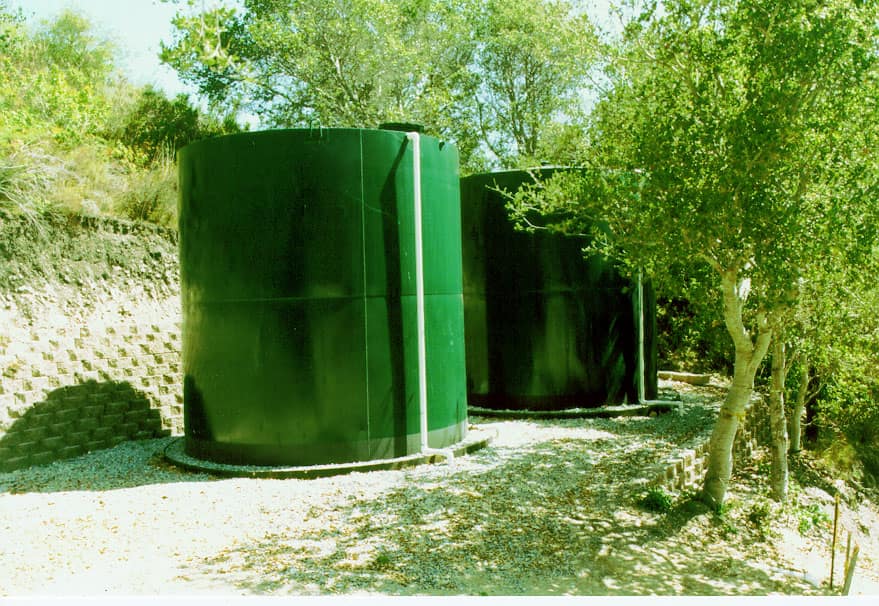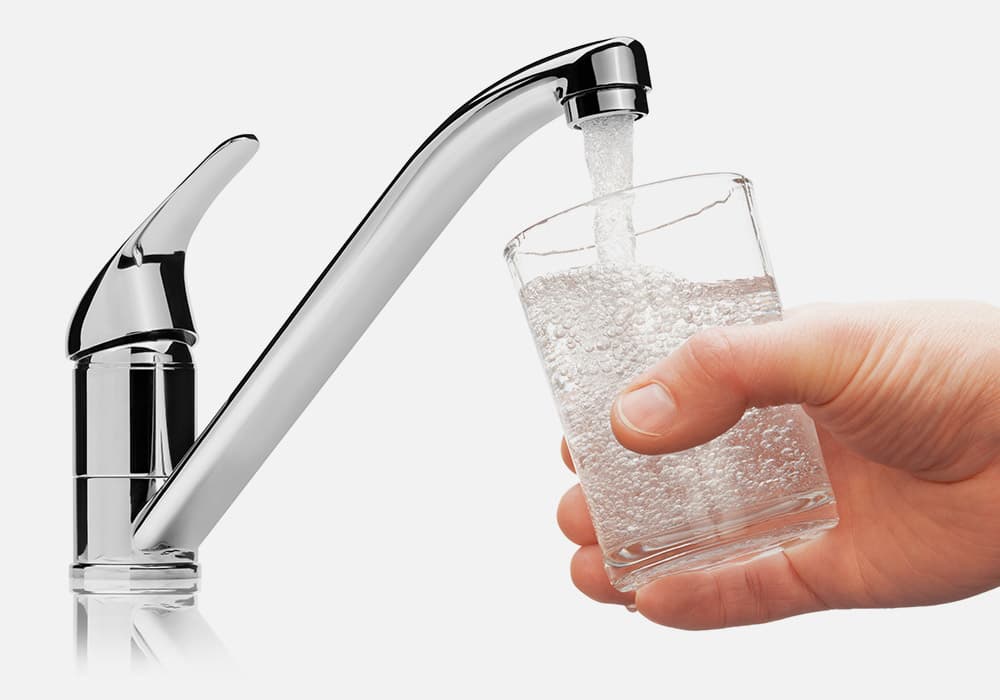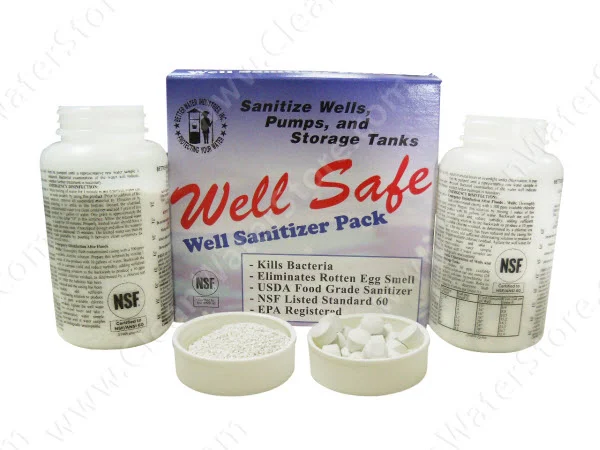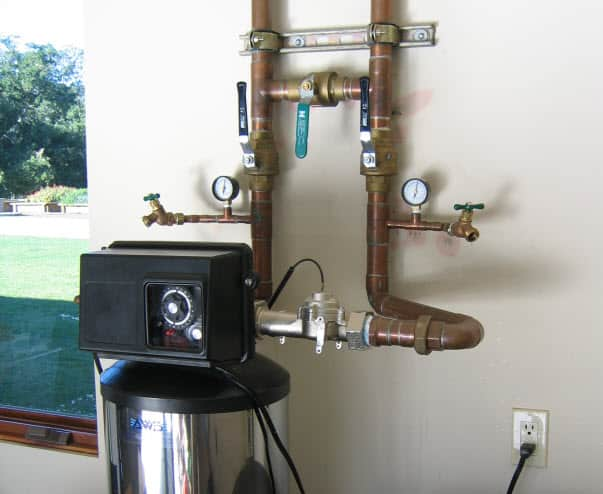Whole House Carbon Filters vs. Water Softeners: Which is Better for Combatting Dry Hair?
Many people are unaware that water quality can significantly affect hair and skin health. Whole house carbon filters vs water softeners are two common solutions for addressing issues like dry hair caused by hard water minerals and chlorine.
Both systems work differently, and in this guide, we'll help you determine which option is best for your home.
Whole house carbon filters and water softeners offer solutions to these problems, but they work differently and address different issues. This post explores the benefits of each, helping you decide which system is best for maintaining healthy, hydrated hair and skin.
Whole House Carbon Filters vs Water Softeners: How They Work
One common question homeowners ask is which is better for hair health: whole house carbon filters vs water softeners.
Is it chlorine causing the problem, harsh minerals in the water or both?
Whole House Carbon Filters
These filters are designed to remove chlorine, chloramines, and other chemical contaminants from the water. Chlorine, commonly used in municipal water supplies to disinfect, can strip the natural oils from your hair and skin, leading to dryness and damage.
Carbon filters use activated carbon to absorb these chemicals, improving water quality and making it gentler on hair and skin.
Water Softeners
These systems are designed to remove hardness minerals like calcium and magnesium from water. Hard water can cause mineral buildup on hair and skin, making hair feel heavy, rough, and prone to breakage.
Water softeners use an ion-exchange process to replace these hardness minerals with sodium or potassium ions, resulting in softer water that feels smoother and is easier to lather and rinse.
Impact of Chlorine and Hard Water on Hair and Skin
Both chlorine and hard water minerals can negatively impact hair and skin health, but in different ways:
Chlorine
Chlorine in water can strip natural oils from hair and skin, leading to dryness, irritation, and even scalp conditions like dandruff. It can also cause color-treated hair to fade faster and become brittle.
Hard Water Minerals
Calcium and magnesium can leave a residue on hair, weighing it down and making it feel greasy or rough. This buildup can also prevent moisture from penetrating the hair shaft, leading to dryness and breakage.
Additionally, hard water can make it more challenging to rinse out shampoos and conditioners, leaving hair feeling less clean.
Benefits of Whole House Carbon Filters
- Removes harsh chemicals, making water gentler on hair and skin.
- Helps preserve hair color, especially for chemically treated or color-treated hair.
- Prevents skin irritation and dryness, ideal for individuals with sensitive skin or conditions like eczema.
Benefits of Water Softeners
- Removes calcium and magnesium, preventing mineral buildup on hair and skin.
- Makes hair feel softer and more manageable by allowing it to retain more moisture.
- Helps prevent hair breakage and split ends, promoting healthier hair.
Choosing the Right Solution for Your Home
When considering a water filtration system, whole house carbon filters vs water softeners is a common debate.
When deciding between a whole-house carbon filter and a water softener, consider the following factors:
Water Source
A carbon filter may be the best choice if your primary concern is chlorine or chemical contaminants (which are common in city water).
A water softener may be more effective if you have hard water (common in well water or certain regions).
Find out your water chemistry by searching for your city water chemistry report or getting a home test kit.
Hair and Skin Needs
A carbon filter can provide gentler water for individuals with sensitive skin or color-treated hair, preventing dryness and irritation.
A water softener is beneficial for those struggling with hard water buildup, which leads to dry, brittle hair.
Combination Approach
In some cases, a combination of both systems may be ideal. For example, installing a carbon filter to remove chlorine and a water softener to tackle hardness minerals can provide comprehensive water treatment, offering the best of both worlds.
When to Consider Each Option
Opt for a Whole House Carbon Filter when:
- Your water supply contains high levels of chlorine or other chemicals.
- You have color-treated or chemically-treated hair.
- You or a family member have sensitive skin or skin conditions.
Opt for a Water Softener when:
- You have hard water with high mineral content.
- You notice buildup on fixtures, dishes, or appliances, affecting your hair.
- You want to improve the overall feel and manageability of your hair.
Conclusion
Choosing between a whole-house carbon filter and a water softener depends on your water quality issues and hair and skin needs.
Both systems offer unique benefits and can significantly improve water quality, leading to healthier hair and skin. Testing your water quality and consulting with a water treatment expert can help you make the best decision for your home.
Whether you opt for one system or a combination of both, improving your water quality is a step toward healthier, more beautiful hair and skin.
Questions?
We designed a 3-minute Quiz that helps you select and design a custom system that will work well for your particular water. Take the Quiz Now and find out!
Here are some additional helpful links to further understand water quality and its impact on hair and skin health:
- Environmental Protection Agency (EPA) – Water Quality: Provides information on water quality standards and the effects of contaminants, including chlorine, on health.
- Centers for Disease Control and Prevention (CDC) – Water-Related Hygiene: Offers guidance on how water quality impacts skin and hair health, particularly in relation to chlorine and hard water.
- U.S. Geological Survey (USGS) – Hard Water: Details what hard water is, how it affects household activities, and the implications for hair and skin.
- National Institute of Environmental Health Sciences (NIEHS) – Water Pollution: Discusses various water pollutants, including chemicals that can affect hair and skin, and the benefits of water filtration.
- Also read our post on Navigating Hair Care in Hard Water Areas: A Comprehensive Guide to Treating Well Water Hair Damage

















